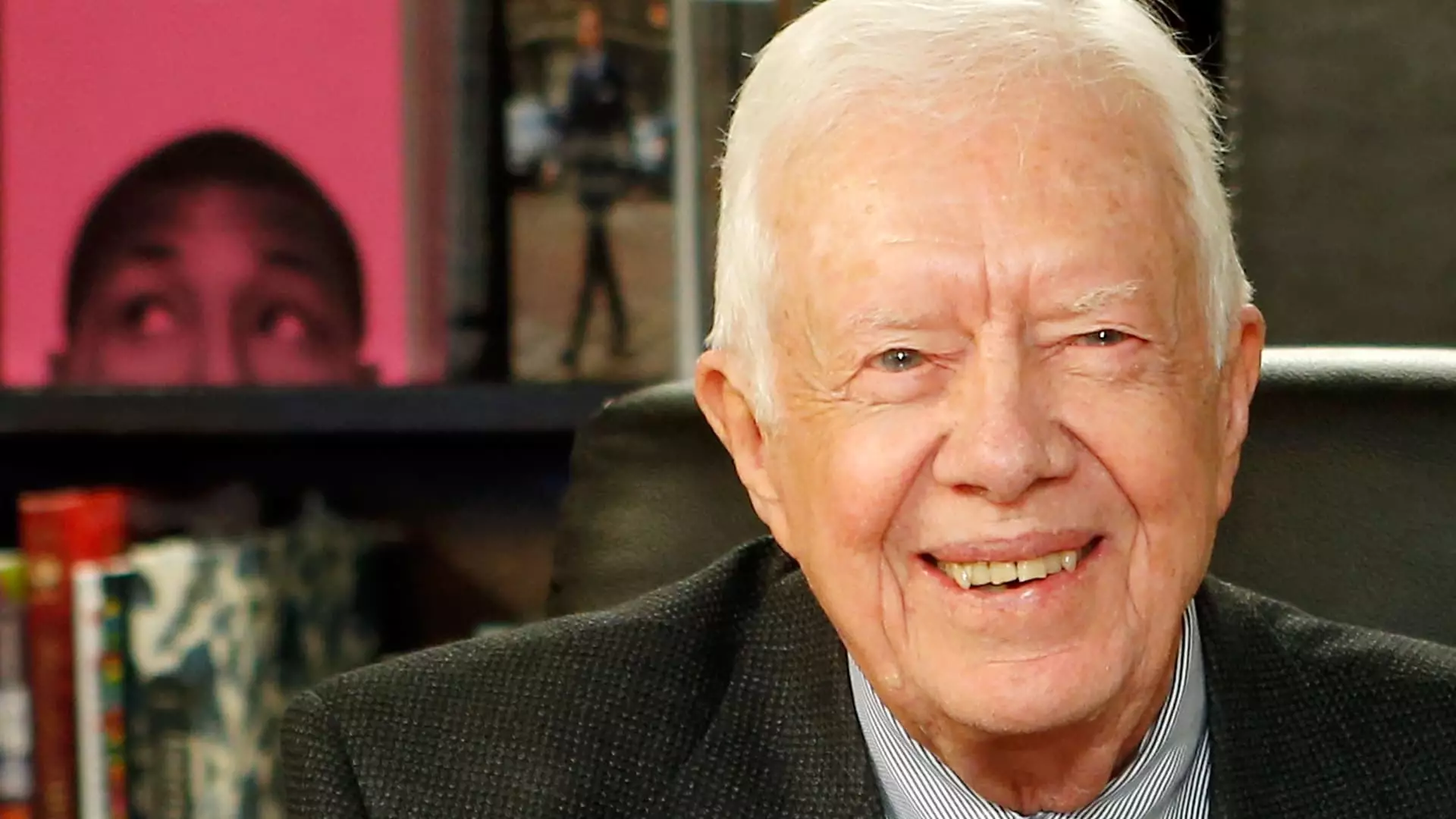The name Jimmy Carter resonates with many as a symbol of compassionate leadership and commitment to peace and human rights. Emerging from a career rooted in public service, Carter’s journey to the presidency was marked by unprecedented openness and a dedication to personal and political integrity. His remarks, from acceptance speeches to candid interviews, revealed a philosophy that prioritized human dignity and international cooperation over military might. Analyzing Carter’s legacy encourages reflection on the unique challenges and triumphs of leadership amid turbulent times.
Carter’s unwavering dedication to human rights formed a cornerstone of his political identity. Upon his inauguration in 1977, he positioned the promotion of individual liberties and respect for personal dignity as crucial American values. His address articulated a profound interconnectedness between domestic integrity and global responsibility, asserting that freedom is a shared ideal that transcends borders. This philosophy was not just theoretical; it was evident in his foreign policy approach, particularly in Latin America, where he worked to pivot away from supporting dictatorships in favor of fostering democratic governance.
The significance of such a commitment is accentuated when viewed against the backdrop of Cold War ideologies that emphasized geopolitical strategy over humanitarian principles. Carter’s focus on human rights revitalized the conversation around ethical governance, emphasizing that a nation’s moral character is tested by how it treats both its own citizens and foreign nationals.
During his presidency, Carter faced significant national challenges, none more pressing than the energy crisis of the late 1970s. In his famous address on April 18, 1977, he framed the energy dilemma as a “moral equivalent of war.” This turn of phrase highlighted his understanding that the struggles of modern society required both sacrifice and solidarity among citizens. Carter called for a united effort to combat energy dependence, emphasizing the need for innovation and personal commitment over mere governmental action.
His perspective explicitly rejected the notion that addressing the energy crisis was solely a matter of economic efficiency; rather, it was a test of national character, reflecting his deep belief that America’s strength lay in its ability to unite for a common good. This call to join forces during a challenging period illustrates his exceptional ability to inspire hope in the face of adversity.
Carter’s achievements in international diplomacy are equally noteworthy. His successful negotiation of the Camp David Accords between Egypt and Israel stands as a monumental achievement in peace-making. Carter recognized that true leadership goes beyond resolving conflicts; it also involves sowing the seeds for long-lasting peace. His focus on strategic outreach and dialogue with nations regarded as adversaries was unprecedented and has influenced how future leaders approach foreign relations.
In his retrospective reflections, Carter often emphasized that fostering peace and human rights was not merely a job description but a personal guide. Despite challenges and criticisms during his term, he consistently maintained that his ultimate aim was to promote peace frameworks that could serve as blueprints for resolving ongoing global conflicts.
Carter’s approach to criticism was notable; he often acknowledged the limits of his presidency while remaining committed to the principles he stood for. His candid confession about potential political expediency in taking military action against Iran underscores a conscientious leadership style intent on prioritizing ethical considerations over popularity. More than a mere political statement, this admission reflects Carter’s belief in the sanctity of life, revealing a leader willing to sacrifice personal gain for the greater good.
Even in more recent interviews, Carter has continued to express a humble acknowledgment of both personal and political imperfections, advocating for grace and empathy. This perspective resonates as a reminder that true leadership often requires vulnerability and self-reflection.
Reflecting on Jimmy Carter’s life and presidency invites a broader discourse on leadership defined by compassion and humanity. His legacy is marked not only by significant political achievements but also by a compelling narrative of integrity and moral courage. In an era rife with conflicts and division, Carter’s teachings on the importance of peace, human rights, and ethical leadership remain profoundly relevant. His story serves as a reminder that effective leadership translates into meaningful change, forging a path toward a more just and equitable world for future generations.


Leave a Reply